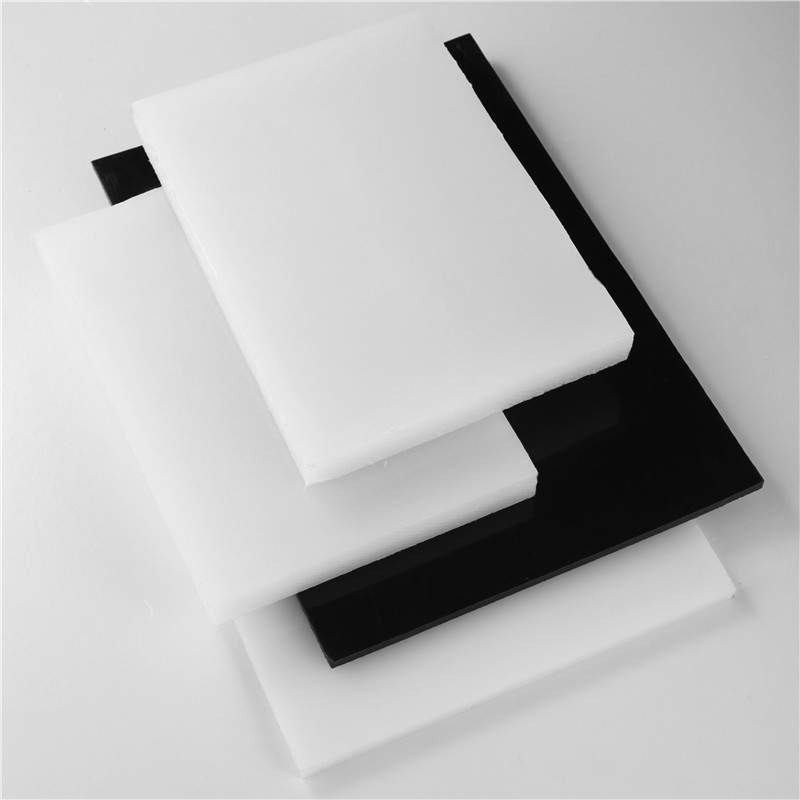Nov . 21, 2024 16:00 Back to list
polypropylene pp sheet
Understanding Polypropylene (PP) Sheets Versatility and Applications
Polypropylene (PP) sheets are increasingly becoming a preferred choice in various industries due to their unique properties and versatility. These sheets are made of polypropylene, a thermoplastic polymer that offers a combination of excellent physical, chemical, and thermal properties. With a wide range of applications, understanding the characteristics and benefits of PP sheets is essential for manufacturers and consumers alike.
What is Polypropylene?
Polypropylene is one of the most widely used thermoplastics globally, recognized for its lightweight nature, durability, and resistance to chemical corrosion. It is derived from petroleum and belongs to the polyolefin family of polymers. Polypropylene is available in various forms, including homopolymer, copolymer, and filled versions, each offering distinct attributes tailored to different applications.
Key Properties of Polypropylene Sheets
1. Durability Polypropylene sheets are known for their high impact resistance and toughness. They can withstand significant stress and strain, making them suitable for use in demanding environments.
2. Chemical Resistance One of the standout features of polypropylene sheets is their resistance to a wide range of chemicals, including acids, bases, and solvents. This property makes them ideal for applications in the chemical industry, where exposure to harsh substances is common.
3. Lightweight Compared to materials like metal or glass, polypropylene sheets are incredibly lightweight, which can lead to reduced shipping and handling costs as well as ease of installation.
4. Thermal Stability Polypropylene sheets exhibit good thermal resistance, able to perform at elevated temperatures without losing their structural integrity. This makes them suitable for applications involving heat exposure.
5. Convenient Processing Polypropylene is easy to process, allowing for various fabrication methods such as thermoforming, welding, and cutting. This flexibility in manufacturing makes it a popular choice in many industries.
6. Non-toxic and Recyclable Polypropylene is considered safe for use in food-related applications as it is non-toxic and does not leach harmful chemicals. Additionally, it is recyclable, making it an eco-friendly option.
polypropylene pp sheet

Applications of Polypropylene Sheets
The versatility of polypropylene sheets enables them to be utilized across numerous applications. Here are some of the prominent areas where they are commonly used
1. Packaging Industry PP sheets are widely used in the packaging sector for producing containers, boxes, and lids due to their durability and resistance to moisture and chemicals. The lightweight nature of PP sheets also contributes to cost-effective packaging solutions.
2. Signage and Displays Due to their excellent print quality, PP sheets are often used for indoor and outdoor signage. They can be printed with vibrant colors and designs, making them ideal for promotional displays and advertisements.
3. Automotive Components In the automotive industry, PP sheets are used in interior components, including dashboards and panels, due to their lightweight and durable properties. They also help enhance fuel efficiency by reducing vehicle weight.
4. Construction Polypropylene sheets are used for various construction applications, including interior partitions, temporary walls, and barrier systems. Their chemical resistance makes them suitable for environments exposed to various construction materials.
5. Medical Applications In the medical field, PP sheets are employed in the manufacturing of medical devices and packaging materials. Their non-toxic nature and ease of sterilization make them ideal for use in healthcare settings.
6. Consumer Goods From household items to office supplies, polypropylene sheets are found in a wide array of consumer products, which highlights their adaptable nature and functionality.
Conclusion
In conclusion, polypropylene sheets are an essential material widely utilized in a variety of sectors due to their exceptional properties and versatility. Their durability, chemical resistance, and lightweight nature make them ideal for applications ranging from packaging to medical devices and beyond. As industries continue to evolve, the demand for innovative solutions will likely foster further developments in polypropylene sheet technology, paving the way for new applications and advancements in material science. Understanding the value of PP sheets can provide a significant advantage for manufacturers and consumers aiming for efficiency, sustainability, and durability in their products.
-
High-Quality PPR Pipes and Fittings Durable ERA PPR & PVC PPR Solutions
NewsJul.08,2025
-
Black HDPE Cutting Board - Durable, Non-Porous & Food Safe HDPE Plastic Cutting Board
NewsJul.08,2025
-
High-Quality CPVC Panel Durable HDPE & PVC Panels Supplier
NewsJul.08,2025
-
Double PE Welding Rod Supplier - High Strength, Durable & Versatile Welding Solutions
NewsJul.07,2025
-
High-Quality PVC-O Pipe Supplier Durable 75mm PVC Pipe & Connections Leading PVC Pipe Company
NewsJul.07,2025
-
HDPE Drainage Pipe Supplier – Durable & Corrosion-Resistant Solutions
NewsJul.06,2025

